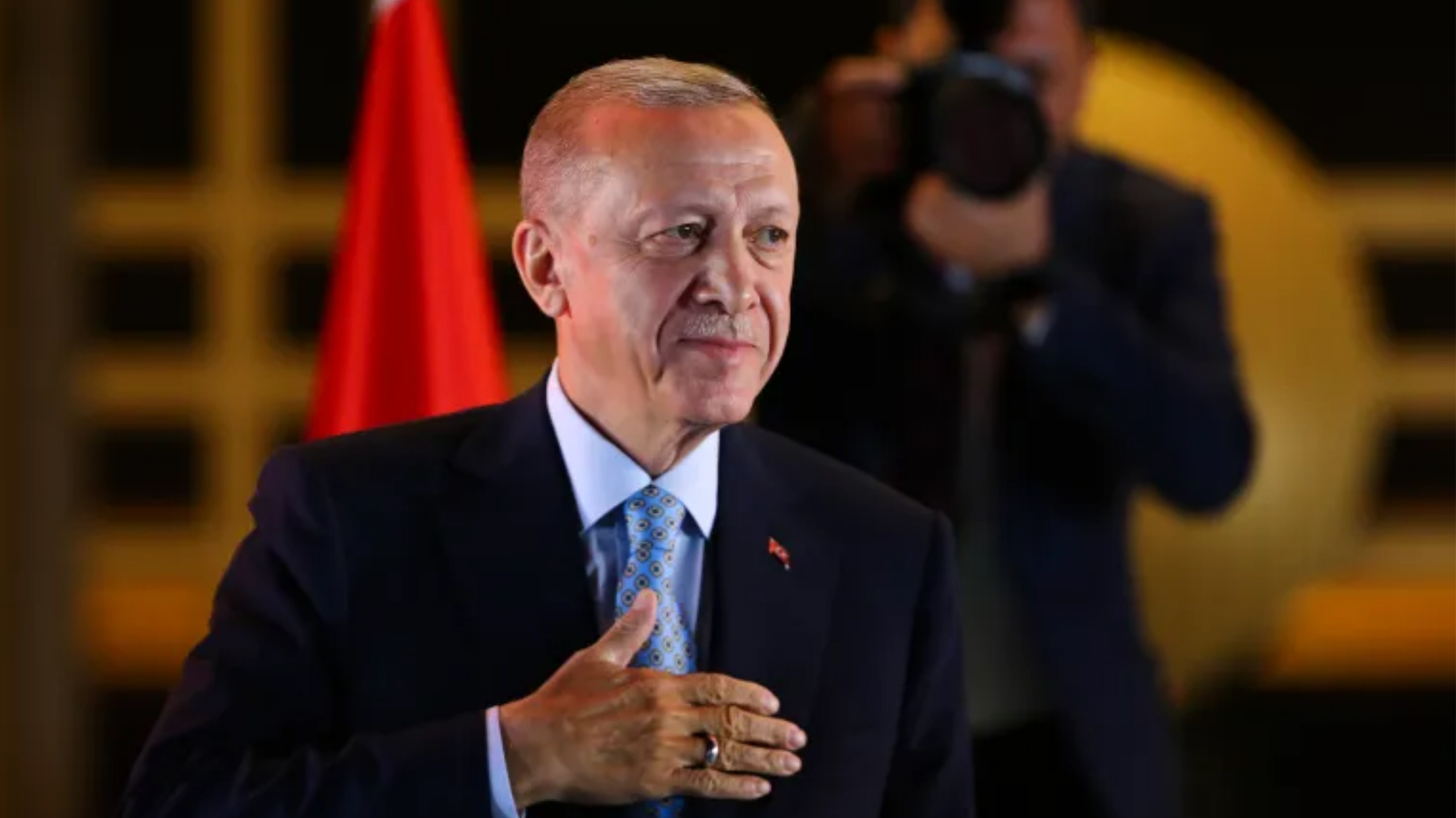
The run-off in Turkey’s presidential race on 28 May 2023 gave President Recep Tayyip Erdogan a second and final term in office. Despite the country’s economic crisis, the devastating earthquake earlier this year, the months of speculation about Erdogan’s impending loss, and the unprecedented alliance backing his rival, Kemal Kilicdaroglu, Erdogan won with nearly the same percentage of votes as the 2018 poll. Various reasons have been cited to explain the result—Kilicdaroglu’s lack of a coherent platform and his inability to develop a compelling electoral strategy—but Erdogan’s victory is attributable to more fundamental factors. It is clear that identity politics still carry much weight in Turkey, that the conservative voting bloc remains the largest, and that the majority of this bloc continues to believe in Erdogan and his ability to lead the country.
In his final term in office, Erdogan faces several domestic challenges. Firstly, there is the now two year-long economic crisis. For more than a decade, the Turkish government has encouraged the private sector to borrow from abroad to support steady economic growth, in the process racking up short-term loans of more than $250 billion. With investors exiting the Turkish market, the result has been the depreciation of the Turkish lira and skyrocketing inflation. While the policy direction of the new government is still uncertain, Erdogan’s appointments so far indicate his determination to form an economic team trusted by the Turkish and international market.
Secondly, a new civilian constitution is needed to replace the document written under the post-coup regime of 1980, in order to address thorny issues of citizenship and nationhood, revisit freedoms and rights, and treat the shortcomings that marred the transition to a presidential system. But the People’s Alliance, led by the Justice and Development Party (AKP), does not have the parliamentary majority needed to approve a new constitution. The drafting process will therefore require a national debate and the forging of a broad political consensus.
The future of the AKP represents another challenge, especially after its historical leader leaves the political stage at the end of his current term. The party lost some of its vote share and parliamentary seats in this election. If its legacy is to be preserved, the president and party officials must reconsider the party’s structure, discourse and relations with various constituencies. For one thing, the AKP needs to address the Kurdish issue to regain its traditional share of the Kurdish vote. Indeed, a bold solution to the Kurdish question is crucial for the future of Turkey as a whole.
Erdogan faces challenges on the international front as well. Since 2002, AKP governments have pursued an independent foreign policy, but this tendency became more pronounced following the coup attempt in 2016, at times creating tensions with the United States and Europe. European backing for Greece’s position in the eastern Mediterranean, Western support for Syrian forces affiliated with the Kurdistan Workers’ Party, and Turkey’s cooperation with Beijing and Moscow have further strained relations. In the coming period, Ankara will likely try to repair its ties with the West and keep points of disagreement as narrow as possible, though without abandoning Russia and China or compromising national security.
Regionally, Turkey is in a better position, having worked to mend fences with the United Arab Emirates, Saudi Arabia and Egypt, and having taken preliminary steps toward resuming relations with Syria. Ankara will undoubtedly work to ensure that its improved relations with Arab capitals will be reflected in critical areas, such as Syria and Libya, but clearly Turkey will not withdraw its forces from northern Syria until the threat to Turkish national security is defused.
To navigate these challenges, both internal and external, Erdogan and his government need a disciplined approach at home combined with a flexible posture abroad. Domestically, the AKP or another conservative party can likely retain power for decades to come if some conditions are met: first, the current government must successfully address the country’s priorities and its economic crisis; second, it must free itself of the pressures of its alliance with the Nationalist Movement Party and revive the Kurdish peace track; and third, it must choose a qualified successor to Erdogan at the right time. Arguably, the presidential system will help maintain a more disciplined domestic politics that avoids a return to the era of fragmentation and instability.
On the international front, demands by some that the new government develop a comprehensive foreign relations strategy are too idealistic, ignoring the reality of Turkey’s position in the international arena. Despite its resurgence of the past two decades, Turkey remains a middle-tier power. A more pragmatic foreign policy will therefore give it the flexibility it needs to seize opportunities where they exist, take calculated risks, and prevent crises from worsening.
*This is a summary of a policy brief originally written in Arabic, available